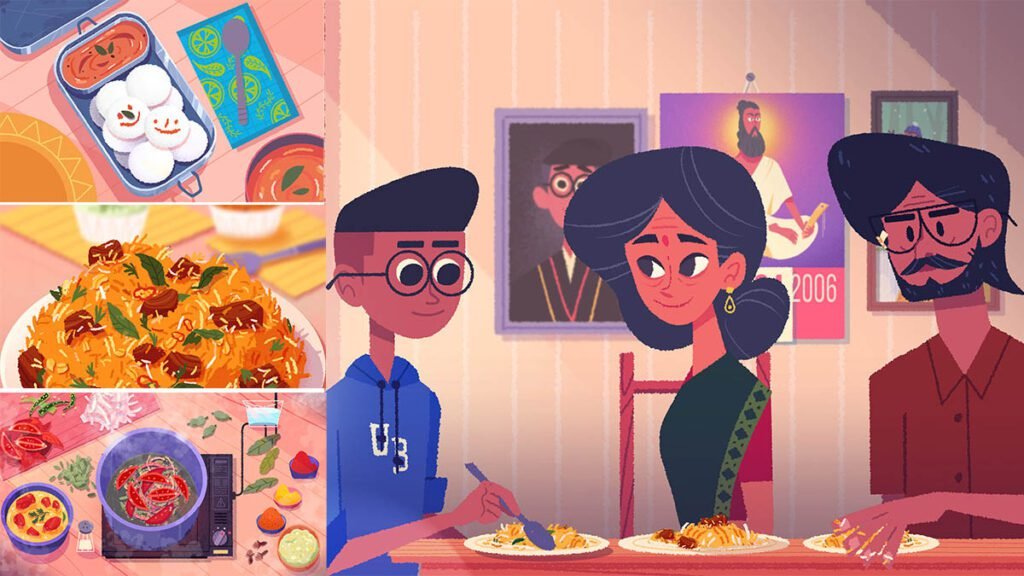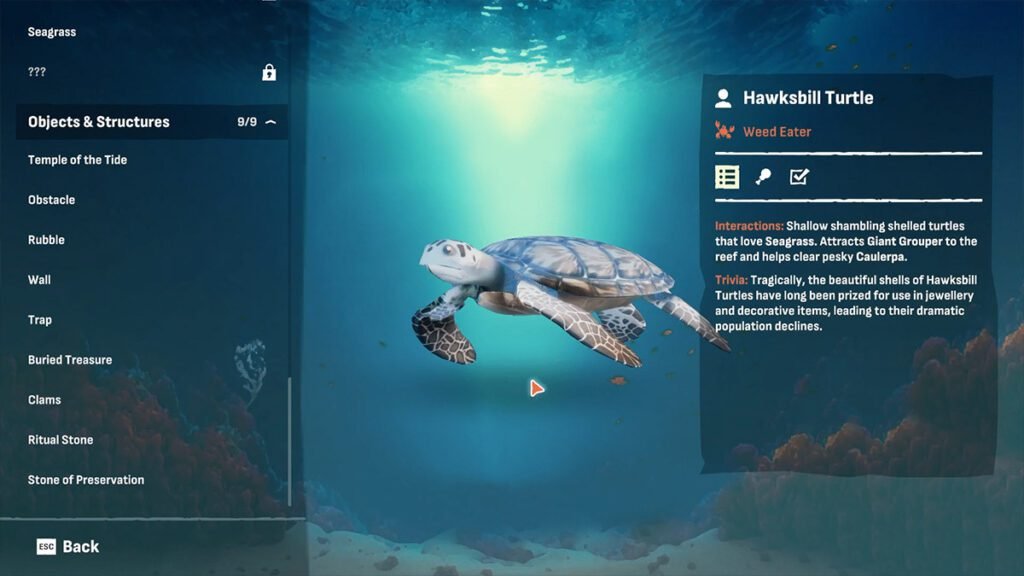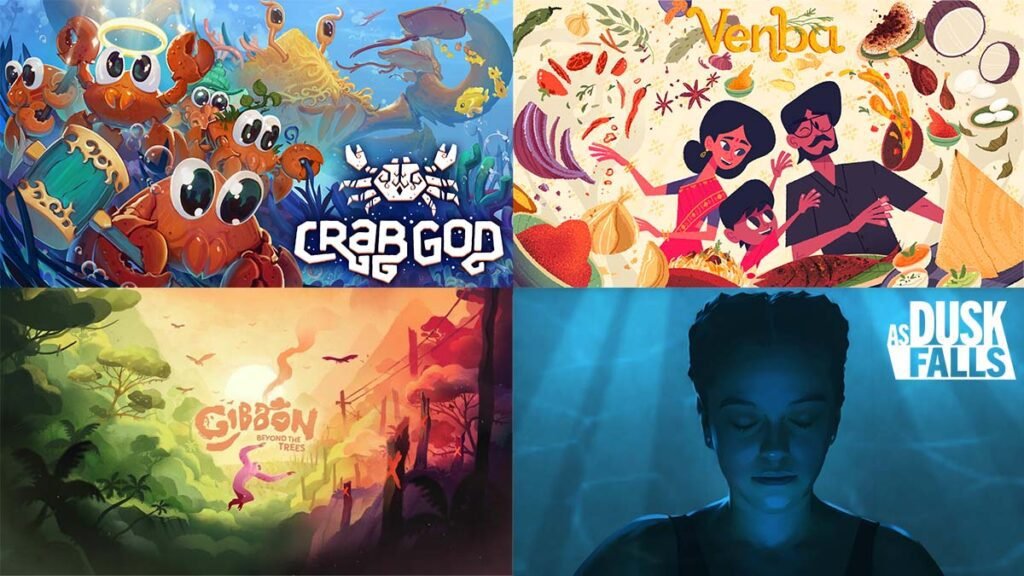Since the Stone Age, stories and images have been used to entertain. They cautioned, uplifted us, and reminded us of what worked and didn’t. They taught values and have been key to spreading information and teaching important lessons. In my opinion, because of their record-keeping nature, stories are the real tools that helped civilization grow and thrive.
What was once around campfires and in scrolls is now in our News, TV shows, and Games. They have become bigger and much more impactful because of their reach. Whether or not the creators mean for it to happen, they pass on values with their stories. By giving a topic importance, they tell everyone, ‘Hey listen up… this topic is important.’
This is why stories have an impact on us. We recognize and acknowledge that message by giving that piece of media our time. We also learn from it. Of all forms of media, games are the most impactful at teaching because it is active engagement. We live the story and practice the actions associated with the values in the story. The studio can’t avoid sharing a view by choosing a narrative, even if the story is only meant to be entertainment. As consumers, we can’t help but listen and form an opinion. So when a studio decides to share something intentionally, to explain or demonstrate something, their story becomes a lot more powerful. They can use it to create Social Impact.
What is ‘Social Impact’?
When a developer creates a game to make a real-world impact, through exposure, action, or direct monetary contribution, it is a Social Impact game. If this seems vague or too expansive, it is. That is the beauty of it: there are so many ways to work towards making the world better. The simplest and best breakdown of the levels at which a game can create impact was from a Medium interview with Designer and Lecturer Samuel Liberty. Today, we will use his categorization to see how games have kept working to create impact.
Social Awareness

This is the most common type of social impact game. Stories that explore the conditions that lead to social injustice. Since games are active, it soon becomes your decisions and actions that take you through the narrative, where you are the person facing the injustice or the perpetrator of the game. You take a walk in their shoes, within their circumstances. Through that experience, you understand the situation and gain empathy.
In the past few years, I have seen some powerful titles that explore community and the human condition. Venba is one such game that explores immigrant life through a South Indian mom whose family moved to Canada in the 80s. As you can imagine, this gentle narrative game serves as a representation of immigrant families and their struggles, as well as South Indian culture. For some players, it becomes a nostalgic mirror. For others, it’s a way to recognize a different way of life. Recently, GamesHorizon reviewed As Dusk Falls, which helps players look at life in different economic strata and how desperation and trauma can impact people.

A stand-out title from 2 years ago was Gibbon: Beyond The Trees, a gorgeous platformer where you play as a family of Gibbons as they soar through the forests. At least until humans impact their world. As you run from poachers, deforestation, and through cities, this game asks us to think about how our decisions impact nature. Where Venba asks us to empathize with a fellow citizen, this game asks us to think about how we can be better for our planet.
One of my favorite games from this category is still Papo & Yo. This game is a perfect example of how a game can help us experience rather than just witness a narrative. Through clever gameplay, we see how alcoholism and domestic violence impact children. Even while they still love their parents.
Social Action
Some games will sometimes immediately ask a player to join the conversation, to act for the benefit of someone once it has ‘spread awareness.’ The end credits will give you a call to action to donate to a charity, sign up for a petition, and engage with a political stance.
Social Engagement

A lot of studios, however, are embracing a more impactful way of giving back. Crab God is one such recent release. It is a Strategy Simulator that tasks the player with restoring ocean biodiversity. On the fun end, the game says you are working to find the next Crab God. However, as you hatch and take care of little crablings, you learn about the various plants and harsh realities of a balanced ecosystem.
In addition to this little bit of education, the game also gives back in two ways. It donates portions of its revenue and works with Dots.Eco to contribute to charities. Dots.Eco is a company that collaborates with companies, primarily studios and Non-Profits, that work to convert player action (in this case, achieving game goals) into environmental impact.
Chaos Theory, Crab God’s developer, isn’t the only studio that uses Non-Profits to make an impact. Like Dots.Eco, other enterprises work with game developers to create impact. Internet for Elephants, for example, works with developers to create non-monetary impact- like working on Fathomverse to mobilize gamers to help map the ocean floor.
Impacting the World

It needs to be said that Social Impact in the gaming world isn’t just restricted to the game. Studios have often used marketing campaigns (Blizzard pride merchandise) and special in-game items/content (League of Legends’s Star Guardian skins/ Valorant Give Back Bundle). They also work with the community of players through streaming events like Extra Life to make a monetary impact. However, the most exciting will always be this move of intentionally creating impact through the games themselves because a game’s ability to teach means that it can drive lasting behavior change. It is one of the reasons I love Game Design.
I’ll be honest, Crab God’s isn’t my cup of tea. Despite that, I had a blast working my way through the levels because I knew my engagement with the game was making an impact. It changed my motivations for why I should play the game. Now, imagine if this system was in place for a game genre I enjoyed.
As you pick up your next game, I want to challenge you to think about your learning. When you are done with the narrative game, pick up something like Crab God. When you consider the current state of the industry and their focus on profits, it is great to see studios like Chaos Theory that still work to put their hard-earned revenue into giving back. So let’s tell the studios, with our wallets, what we would like to play more of.





